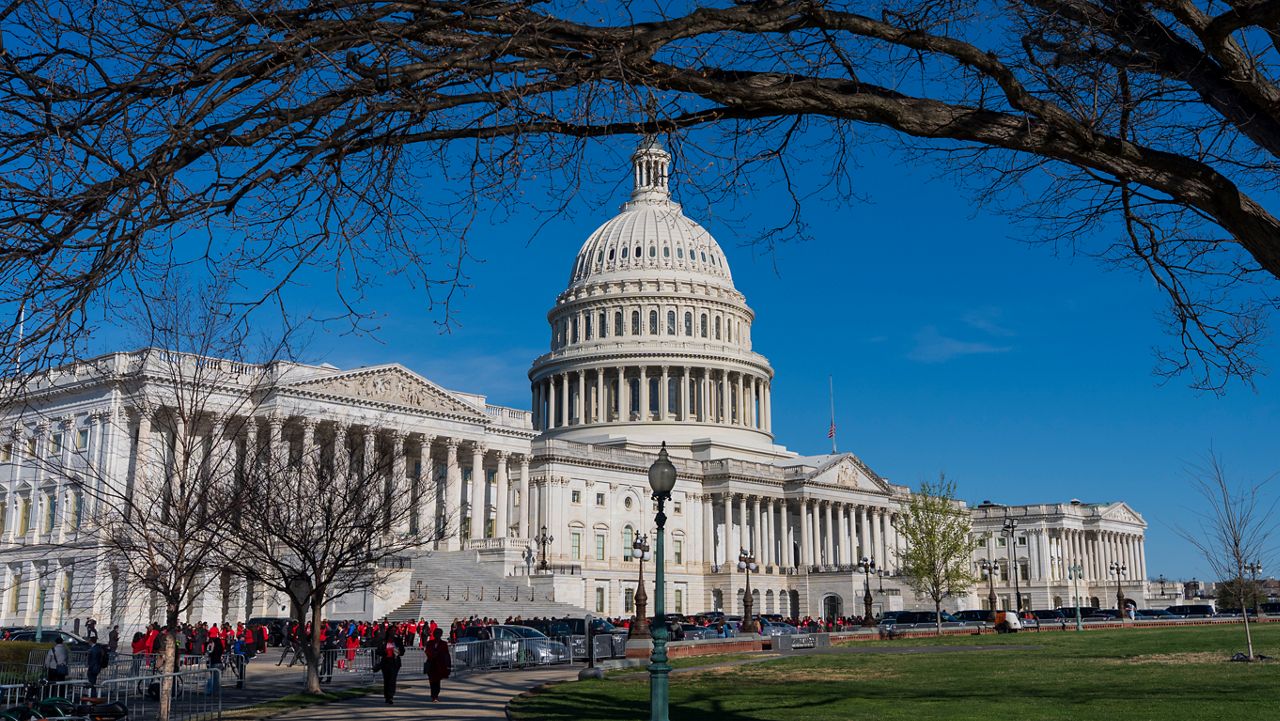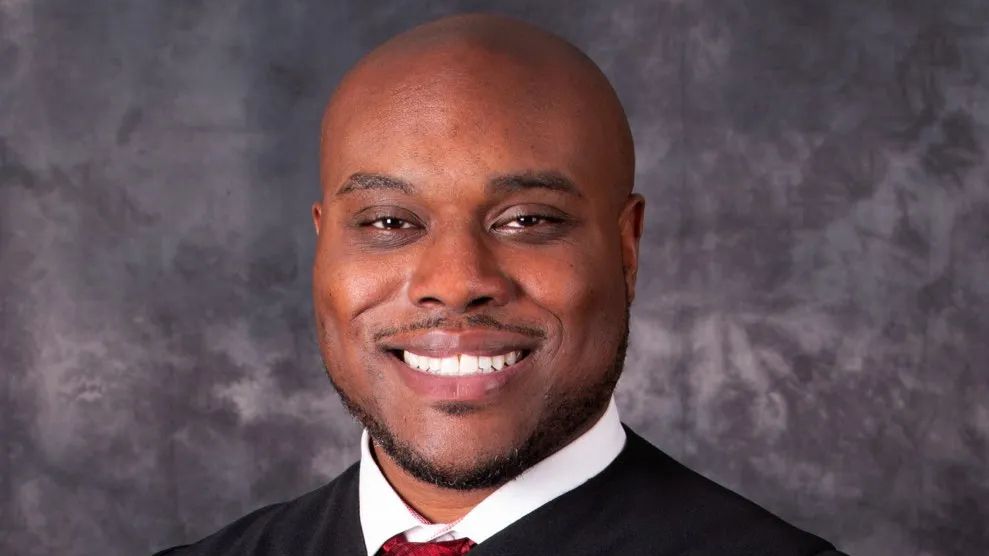FERNANDINA BEACH, Fla. — The Florida Board of Education unanimously approved a new rule Wednesday outlining how schools choose which books are included in their libraries.
The rule mandates that library materials, including those in individual class libraries, must be approved by a media specialist who undergoes an annual online training. The training outlines which materials are deemed appropriate for school curriculum and libraries under the state’s curriculum transparency law, which went into effect in July.
The law lets parents review all instructional materials before districts make a decision on them and provides parents with the opportunity to object to anything they deem inappropriate.
Jen Cousins, who co-founded the Florida Freedom to Read Project with another Orange County mother, says she believes the transparency law tries to fix a problem that never existed.
“You’ve always had the opportunity to go to your teacher and say, ‘I don’t like this assigned reading,’" she said. "The teacher will give you something else to read in lieu of that. This has never been about parental rights — this is about controlling the minds of our kids.”
Cousins said the law lead to censorship of books about marginalized communities because parents can deem those materials inappropriate based on their personal values, and schools may be extra cautious with book selections as they navigate the new law.
Cousins has a child named Saffy, who is non-binary and uses they/them pronouns. A graphic novel they like, "Gender Queer," was removed from county school libraries following parent objections to its content, including a sex scene that Cousins believes was taken out of context.
“In the free state of Florida, they are no longer free to access the books that interest them or the books that they can see themselves in,” she said.
Alicia Farrant — a mother who was recently elected to the Orange County School Board and stood alongside Gov. Ron DeSantis when he signed the curriculum transparency bill into law — said she expects growing pains as schools work to follow the new standards.
“We’ve had teachers who’ve reached out and said they’re overwhelmed,” she said. “Some want to close up their libraries altogether, which I hope they do not.”
Farrant said she is working with the district and reaching out to Tallahassee to see whether there is a system in place already, or if one can be created, so teachers can search book titles in their own libraries to see if they have already been approved in other school libraries.
She wants the district’s policies to reflect the new law in a way that makes it more clear to media specialists and sets the standard for what they can expect.
“It’s not about book banning, it’s about curating content for our schools,” she said. “School is for education, and while you’re at home, if you want to grab a book for a leisurely read that may not be appropriate for school, parents are more than happy to grab that for their kids."









